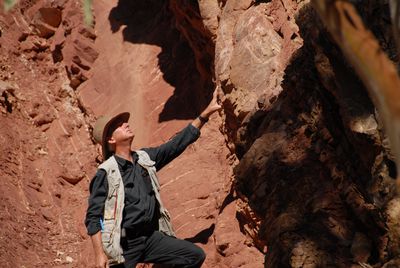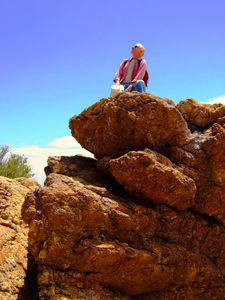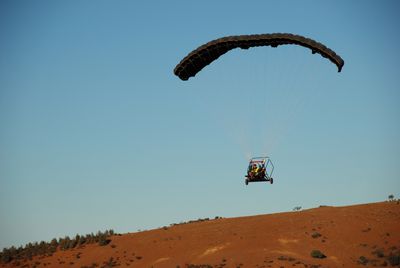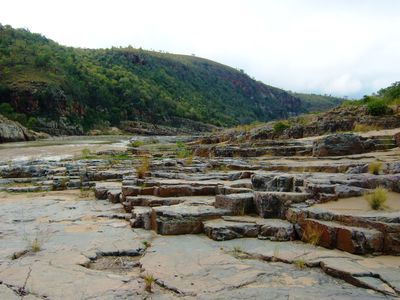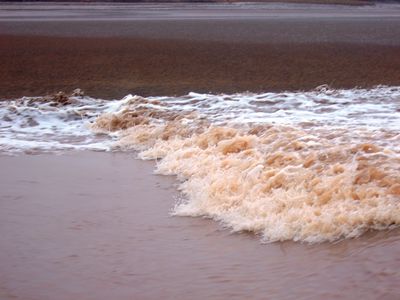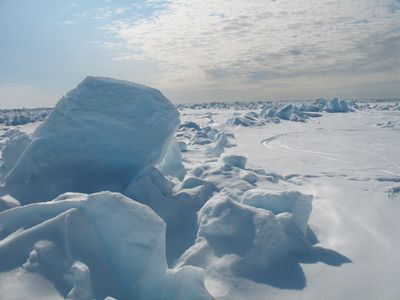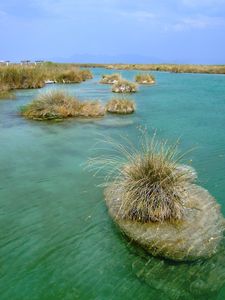Prehistoric Disasters
Premieres: Southeast Asia on Mar 3 at 9:00 pm; North Asia on Mar 15 at 9:00 pm; Australasia on Feb 8 at 8:30 pm
PREHISTORIC DISASTERS STRIKE THIS MONTH ON DISCOVERY CHANNEL
What would happen if Earth experienced another ice age? When will the next fatalistic asteroid strike us? What lessons can we learn from yesteryear's PREHISTORIC DISASTERS? From the BIRTH OF THE PLANET to an ASTEROID STRIKE, Discovery Channel's programming special PREHISTORIC DISASTERS reveals what happened millions of years ago, how our life on Earth has evolved from these cataclysmic events, and if there will be more extinction-level events in the future.
PREHISTORIC DISASTERS make up a big part of our planet's 4.5 billion years of history. A series of catastrophes pushed life to the edge of extinction, but the disasters were not necessarily setbacks as from these events came new life. While dominant species on the planet were wiped out, hardier creatures survived and thrived. These creatures in turn took over the planet until they themselves fell victim to yet another mass extinction. If not for these PREHISTORIC DISASTERS, neither mankind nor any of the life we see around us would be here today as each event resulted in a leap forward on the evolutionary trail - from single celled bacteria to humankind itself.
Find out more about these PREHISTORIC DISASTERS, how they moulded our planet, and changed the course of evolution, on the following premiere programmes:
Birth of the Planet
30 million years after Earth's birth, a cataclysmic collision almost destroyed the planet completely. This chance collision formed the moon, triggering an extraordinary sequence of events that created a unique planet teaming with life.
Snowball Earth
In the Australian outback, a smooth gray stone stands out in the parched red earth. It is over 630 million years old and proves that Australia used to be buried under ice. Could this controversial theory be the key to the evolution of mankind on Earth?
Planet of Fire
250 million years ago Earth's only continent, Pangea, was a lush oasis swarming with life. Then, a massive extinction wiped out 95% of life on earth. Now scientists believe they have uncovered the event responsible for the largest extinction in history.
Asteroid Strike
Dinosaurs arose as rulers of the Earth 250 million years ago, but their reign soon ended in catastrophe, paving the way for mammals and eventually humans to flourish. Evidence shows that a cosmic impact was responsible, but where did it hit Earth?
Survival Earth
99% of all the creatures that have ever lived no longer exist. They were wiped-out in a series of global catastrophes, each changing the course of evolution on earth. Without them, neither mankind nor any of the life we see around us would exist today.
Some of the media you are attempting to download are from Networks that limit downloads to 5 per day.


